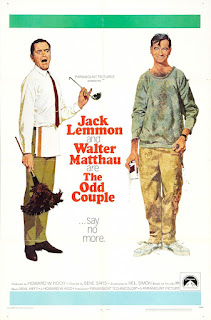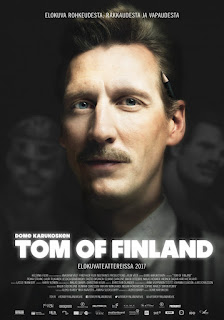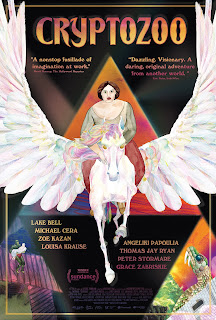Roger Bellott's film has been on my list to see since it came out in Bolivia in 2019. It was released in 2021 in the US and it's an intriguing adaptation of his play.
Tu Me Manques is a very theatrical movie, although it is never stagey. It feels much, much better than most theatrical adaptations, and I think that's because the theatre piece from which it is adapted is already quite abstract. I loved all of the theatre parts of this movie, and when we finally get to opening night in the story, I found the parts of the play we got to see absolutely breathtaking. The opening of the show literally took my breath away. Seriously.The main theatrical conceit in the film is that the central character in the drama – whom we find out has died in the first few minutes – is played by three different actors. We rotate between these three performers constantly, with the film always giving us a full scene but while switching between the actors playing the scene. It's an odd but pleasurable conceit, especially since the three actors are rather different physically. I liked this idea a lot.
But the plot... ugh. The plot is about a man who has lost his lover to suicide because his lover would rather commit suicide than come out to his family. Now, I am predisposed to find this topic affecting, and I might have done so if this was a film about new relationships being established, about mourning, about dealing with loss, about any of the other emotions that might attend this story. But this is a public service announcement about how Bolivians need to be more accepting of homosexuality. There is a long sequence discussing what the Bible really thinks about homosexual sex, an excruciatingly long coming out sequence that is completely unsatisfying, and numerous fights about how one partner "just doesn't understand" how the other partner's family is. In short, the film's content is just not interesting. Coming out? Family acceptance? These men are adults living in New York City. To be fair, I'm not saying these aren't issues that are dealt with by many real people. I know that they are, and I sympathize with (and have counseled) many going through these same struggles. I'm just saying I don't want to watch a movie about them. I feel like I've already learned the lessons for straight people that this film has to teach.
The theatre piece in the film, though, seems to be real, and I would like to get my hands on it and read it. It looks incredible.
You can watch Tu Me Manques (I Miss You) on HBOmax, and although it was playing without subtitles for a while, they now work perfectly.















